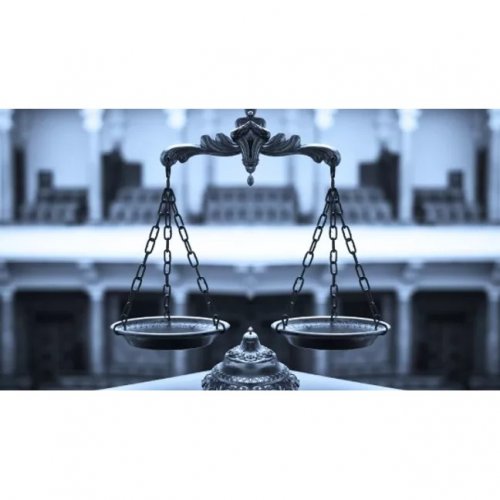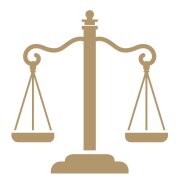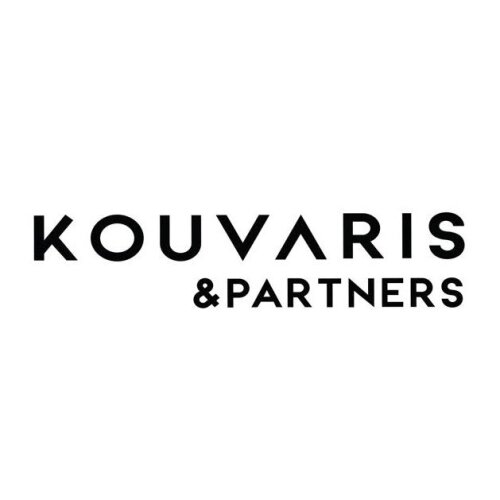Best Child Abuse Lawyers in Athens
Share your needs with us, get contacted by law firms.
Free. Takes 2 min.
Free Guide to Hiring a Family Lawyer
List of the best lawyers in Athens, Greece
About Child Abuse Law in Athens, Greece
Child Abuse law in Athens, and Greece as a whole, is governed by both domestic legislation and international conventions that Greece has ratified. The country has taken a serious stance against child abuse and neglect, implementing various provisions to protect children from physical and mental harm. The Greek Penal Code prescribes penalties for violence against minors, sexual offenses, and exploitation. Despite these safeguards, child abuse remains a concerning issue and legal complexities often necessitate expert advice to navigate.
Why You May Need a Lawyer
Child abuse cases are very sensitive and require professional legal assistance. A person may require a lawyer for child abuse cases to gather supporting evidence, represent the victim in court, provide expert counseling, and to guide through the legal complexities involved in child protection laws. Also, if you're a non-native speaker or unfamiliar with the Greek legal system, a lawyer's assistance might be even more valuable.
Local Laws Overview
In Greece, Article 1531 of the Civil Code and Law No.3500/2006 provide a comprehensive legal framework on Violence in the Family, it includes provisions that protect children from all forms of abuse. The Penal Code (articles 336-340, 348a, 349) deals specifically with sexual offenses against minors and punishes any form of sexual act with minors under the age of 15. Greece has also ratified several international conventions on child protection, including the United Nations Convention on the Rights of the Child.
Frequently Asked Questions
1. What qualifies as Child Abuse under Greek law?
Child abuse, under Greek law, includes physical violence, sexual abuse, psychological abuse, or neglecting the child's physical and emotional needs. It also includes exploitation for labour or other illegal activities.
2. At what age can a child in Greece consent to sexual activities?
In Greece, the age of consent is 15 years. Any sexual activity involving a minor below this age, even with their consent, is considered child sexual abuse.
3. What penalties do child abusers face under Greek law?
The penalties for child abuse in Greece are harsh and can range from substantial fines to imprisonment, depending on the severity and nature of the abuse.
4. Can non-Greek nationals be prosecuted in Greece for child abuse?
Yes, in Greece, both citizens and non-citizens are subject to Greek law. If a child abuse crime is committed in Greece, the perpetrator can be prosecuted under Greek law irrespective of their nationality.
5. Can I report a suspected case of child abuse anonymously?
Yes, there are options to report suspected child abuse cases anonymously in Greece, but it's best to consult with a legal expert to better understand the process and any consequences.
Additional Resources
The Hellenic Child Protection Organization and The Smile of the Child are Greek non-profit organizations offering services to abused children. The Greek Ombudsman is also a critical institution in protecting childrens’ rights. Additionally, the Greek police (Dial 100) and EKKA’s National Helpline for Children (Dial 1107) are always available for immediate assistance.
Next Steps
If you need legal assistance related to child abuse in Athens, begin by contacting a reputable attorney experienced in this field. Gather all relevant documents and details about the case for your initial consultation. If you fear immediate harm for a child, don't hesitate to contact the local police or child help hotline. Remember, children's well-being should always be the top priority, and it's important to take action as soon as signs of potential child abuse appear.
Lawzana helps you find the best lawyers and law firms in Athens through a curated and pre-screened list of qualified legal professionals. Our platform offers rankings and detailed profiles of attorneys and law firms, allowing you to compare based on practice areas, including Child Abuse, experience, and client feedback.
Each profile includes a description of the firm's areas of practice, client reviews, team members and partners, year of establishment, spoken languages, office locations, contact information, social media presence, and any published articles or resources. Most firms on our platform speak English and are experienced in both local and international legal matters.
Get a quote from top-rated law firms in Athens, Greece — quickly, securely, and without unnecessary hassle.
Disclaimer:
The information provided on this page is for general informational purposes only and does not constitute legal advice. While we strive to ensure the accuracy and relevance of the content, legal information may change over time, and interpretations of the law can vary. You should always consult with a qualified legal professional for advice specific to your situation.
We disclaim all liability for actions taken or not taken based on the content of this page. If you believe any information is incorrect or outdated, please contact us, and we will review and update it where appropriate.















